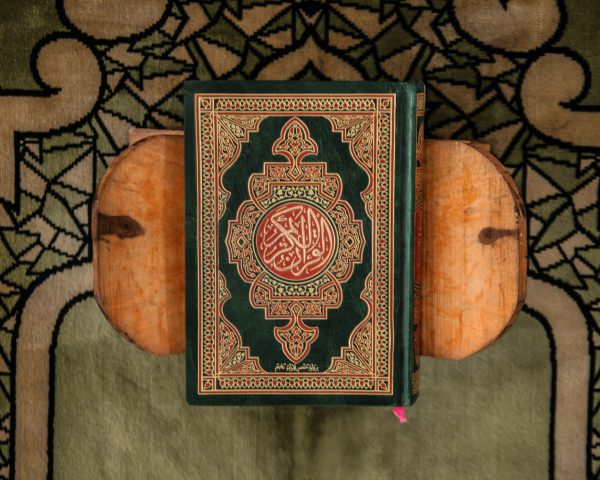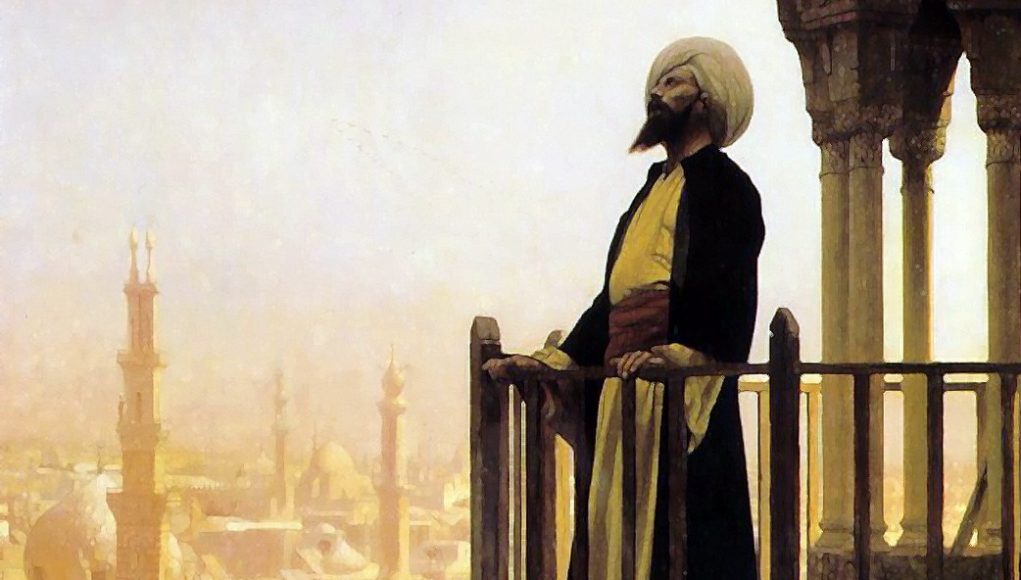Introduction
Surah Al Fil is the 105th chapter of the holy Quran. It consists of 5 small but powerful, expressive verses. The surah is Makki, meaning it was revealed when the holy prophet was in Mecca.
This Surah, as its name indicates, refers to the well-known historical event that happened in the year of the birth of the Holy Prophet (AS) when Allah protected the Ka’aba against the ill- intentioned ‘army of elephants’ who tried to destroy the Holy Ka’ba. Army of elephants was an army of a Yemeni king Abraha, who was frustrated by the people’s attraction towards the Kaba. He in order to dilute the magnificence of Kaba, even made a prayer house but failed to achieve what he wanted. He therefore with his grand army attempted to perish Ka’ba out of frustration and jealousy.
This Surah is intended to remind the people of Mecca of the miraculous event which they might not have forgotten, because it happened not so long ago. Its remembrance is a warning against the proud, arrogant pagans to make them aware that they have no power to stand in the way of the Power of Allah, Who destroyed that great army of elephants by little, tiny birds who pelted them with ‘small stones of petrified clay’ and He can punish these stubborn oppressors, too.
Virtues of reading the surah
On the virtue of reciting this Surah, a tradition from Imam Sadiq (as) says:
“He who recites Surah Fil in his obligatory prayers, any level land, mountains or any clods of dirt will bear witness for him, on the Day of Judgement, that he has been one of the prayerful (believers). And on that Day, a herald calls saying,
‘You are right about My servant I accept your witness for him or against him Let him enter Paradise without Reckoning him. Verily, he is the one of whom he and his action I like.’
It is obvious that these magnificent, rewards are for those who with its recitation, get down from the horse of arrogance and go on the right path along side and seek the raza of Allah.
Do not fear when Allah is with you
If we look into the history of revelation of this surah, it is narrated through Ali-Ibn-Husain AS that, when Hazrat Abu Talib AS, who with his full strength and sword used to protect our beloved Prophet, once asked him, if he’s a prophet particularly for his people or for the other peoples too.
To which Prophet told him that he had been appointed for all the human beings, entirely, whether they are white or black, Arab or non-Arab, and by Him in Whose hand was his soul, he was (appointed) to invite to the portent (the religion), all peoples, either white or black whether they were on the tops of the mountains or in the depths of the seas, and he was (appointed) to invite (the speakers of all) languages in Persia (Iran) and Rome,
“Then, the Quraish, (hearing that), became astonished and considered it great and said:
‘Do you not hearken to your nephew and what he says? By Allah, if Persians and Romans hear this, they will snatch us from our land and surely they will break the Ka’ba into pieces of stone’.
And for the phrase that they said:
‘they break the Ka’ba into pieces of stone’,
He sent down Surah Fil (in order to tell them that no one could accomplish such an action).
Assistance from Allah
As far as what I have perceived from this surah is concerned, I think it’s a consolation from Allah the great, that as long as Allah is on our side we don’t need to fear. We don’t need to care what we and our opponent possess. To strengthen my point I would like to mention a verse fron another chapter, Surah Aale Imran, verse 160,
“If Allah should aid you, no one can overcome you; but if He should forsake you, who is there that can aid you after Him? And upon Allah let the believers rely.”
And I think Allah is not only addressing the Quraysh by saying,
“Have you not seen how your Lord dealt with the companions of the elephant?”
Rather, he is addressing all of us, from past present and future, telling us that we do not need to be scared of anyone when Allah’s strength is with us.
Righteousness vs the falsehood
Furthermore Allah claims that he has a power to turn down the plans of those who want to crush the righteousness. It doesn’t matter how strong their intentions and how strong their army is.
“Did He not make their stratagem go awry?”
Stepping forward, Allah beautifully narrates how just flocks of birds turned the army of great elephants in to an eaten up straw. Repeating, it doesn’t matter what we are having and what our opponent is having, we have Allah, and the victory belongs to us.
“Pelting them with stones of petrified clay,”
“Thus He made them like straw eaten up.”




